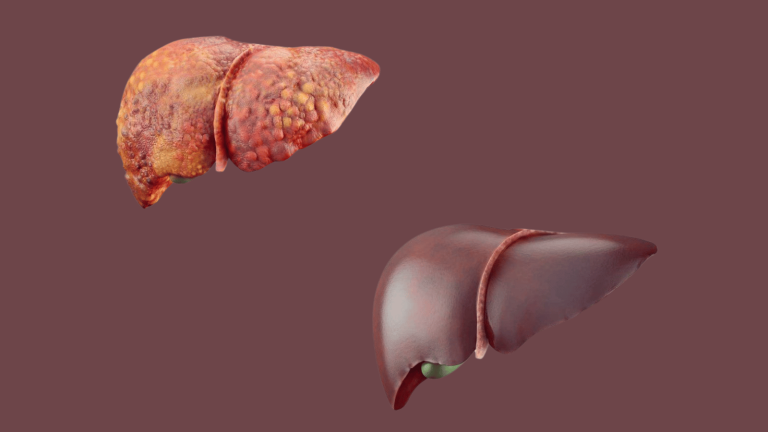Lupus: A Complex Autoimmune Disease That Requires Deep Awareness and Understanding
💡 Introduction
Lupus, or systemic lupus erythematosus, is a chronic autoimmune disease in which the immune system mistakenly attacks healthy tissues and organs. This erroneous attack causes inflammation that can affect multiple areas of the body, such as the joints, skin, kidneys, blood, heart, and lungs.
Diagnosing lupus is not easy, given its symptoms are similar to those of other diseases.
🔍 How and Why Does the Disease Occur?
Lupus is not a disease that is transmitted from one person to another. Rather, it is the result of a complex interaction between genetic and environmental factors, with certain triggers playing a role in triggering the disease in those who are genetically susceptible.
- Sunlight: May cause a rash or trigger an immune response.
- Infection: Some viruses or bacteria may reactivate the disease.
- Certain medications: Such as high blood pressure medications or antiepileptic drugs, which may trigger lupus in some people.
👩⚕️ Who is more susceptible?
Certain groups are more susceptible to lupus, including:
- Women account for more than 90% of cases.
- Age group 15 to 45.
- People of African, Asian, or Latino descent.
⚠️ Common Symptoms
Lupus symptoms vary greatly among patients, but they often include:
- Feeling excessively tired and exhausted
- Joint pain and swelling
- Distinctive rash on the face or body
- Sensitivity to sunlight
- Recurrent fever
- Shortness of breath and chest pain
- Dry eyes and mouth
- Memory and concentration problems
🩺 Possible Health Complications
If left uncontrolled, lupus can lead to serious complications, including:
Kidneys:
Kidney damage may lead to kidney failure, requiring dialysis or a kidney transplant.
Nervous System:
The patient may experience headaches, seizures, dizziness, or changes in behavior.
Heart and Lungs:
Complications include inflammation of the lining of the heart and lungs, which causes severe pain and difficulty breathing.
Blood:
Blood clotting problems, anemia, or vasculitis.
🤰 Pregnancy Complications
Women with lupus are more likely to:
- Spontaneous miscarriage
- Premature birth
- Gestational hypertension
For this reason, it is recommended to postpone pregnancy until the condition has been stable for at least 6 months.
🛡️ Is lupus curable?
Although lupus is a chronic disease that cannot be completely cured, available treatments effectively contribute to:
- Reducing inflammation
- Alleviating symptoms
- Preventing complications
- Improving quality of life
The key is Early diagnosis, adherence to treatment, and regular medical follow-up.
📌 Summary
Lupus is a disease that requires real awareness and thorough understanding. The appearance of symptoms such as persistent fatigue, skin rashes, and joint pain should prompt a visit to the doctor. Early detection and an appropriate treatment plan can make a huge difference in a patient’s life.







